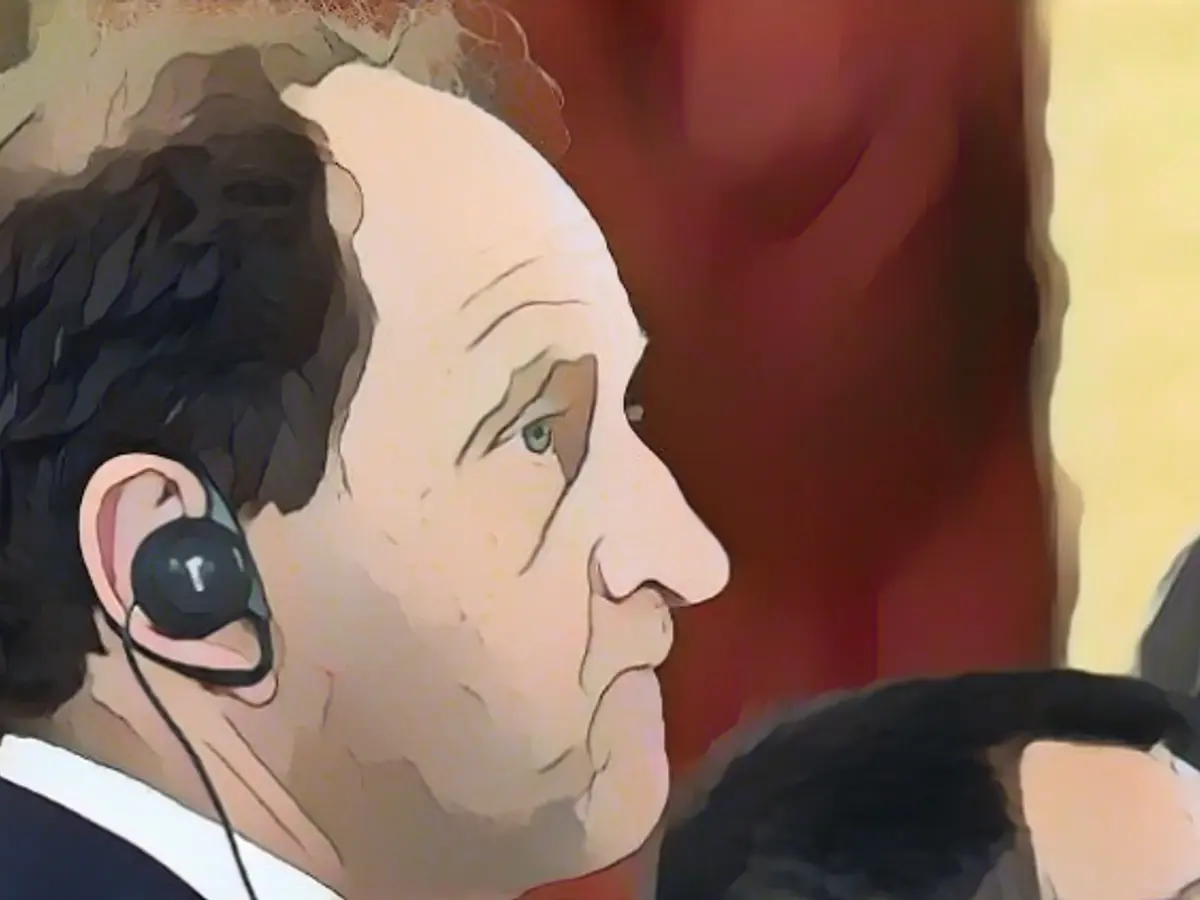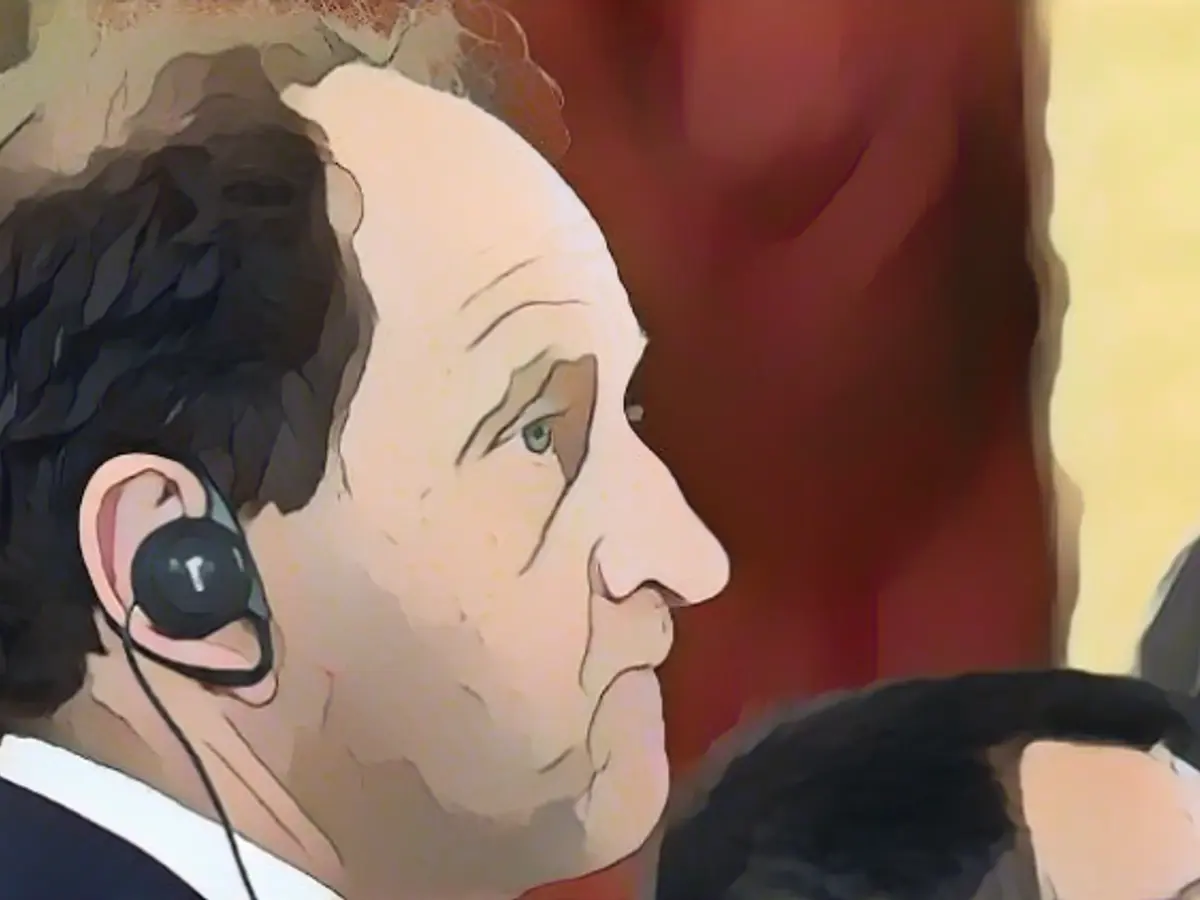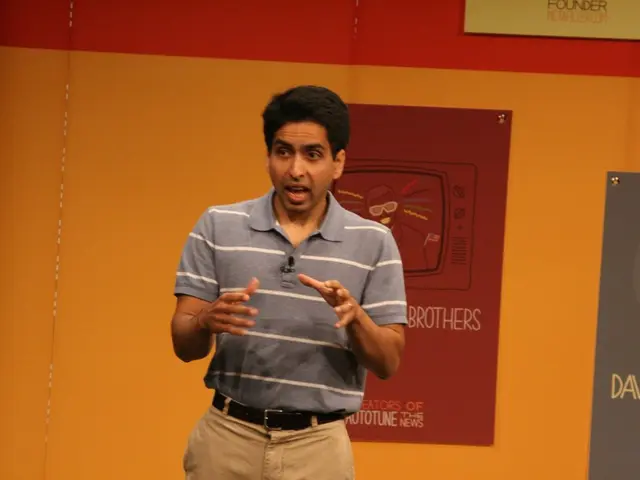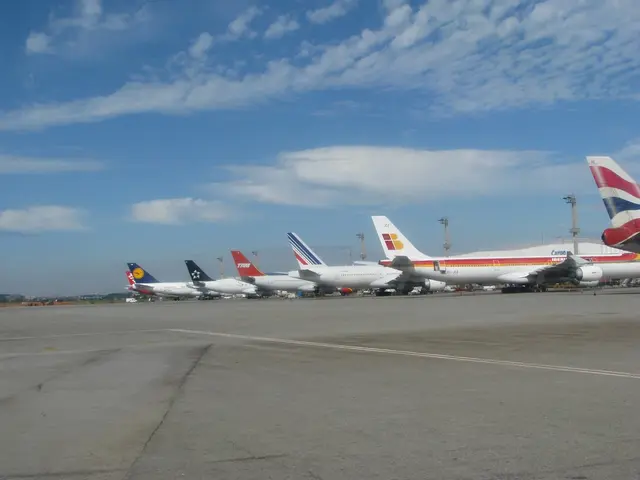Vladimir Putin, Russia's President, voiced his disappointment during a ceremony for new ambassadors, including FDP politician Alexander Graf Lambsdorff. He mourned the decline of Russian-German gas relations, claiming Berlin was to blame, but not himself.
Putin lamented over "Germany's turning away from Russian gas", citing decades of fruitful business and beneficial collaboration between the two countries and Europe. He attributed the partnership's demise to unexplained explosions on the Nord Stream pipeline in September 2022. Moscow had already halted gas deliveries through Nord Stream 1 before these incidents, citing various reasons - a missing gas turbine following maintenance in Canada and maintenance-related gas deliveries stoppage due to a suspected oil leak at the Portovaya compressor station.
The EU accused Gazprom of shutting down the pipeline under false pretenses, alleging Russia preferred burning gas to fulfilling contracts. The Kremlin's primary intent in halting supply was to bolster pressure for easing West-imposed sanctions stemming from the Russian war against Ukraine.
Putin attributed the worsening Europe-wide situation to Germany, missing the aggressive Ukrainian conflict and its devastating consequences. Russia's relations with several Western countries, including Sweden, Great Britain, Slovenia, and Greece, have deteriorated since the Russian offensive in Ukraine and subsequent sanctions.
However, Putin expressed hope for better future relations, emphasizing that "times are not easy," but expressing optimism that the situation would change for the better in both nations' interests. He voiced concern about the "complete lack of communication" with Sweden, its shift from non-participation in military alliances, and its plan to join NATO.
Further Insights:
Putin's blame-shifting tactics serve various purposes, including:
- Maintaining a victim narrative: Putin presents Russia as a victim of Western aggression to garner international sympathy and justify further actions.
- Diversionary tactics: Blaming Germany for the gas supply disruption helps Putin side-step responsibility for the situation and divert attention away from his own actions.
- Political posturing: This rhetoric aims to bolster public support within Russia and curry favor with other nations.
- Economic leverage: Putin hopes to apply pressure on Germany and the EU by accusing them of disrupting gas supplies, potentially influencing ceasefire negotiations or policies.
- Disinformation campaign: Putin and the Kremlin use blame-shifting as a key component of an ongoing disinformation campaign, discrediting Western accusations and creating confusion around the causes of the Nord Stream pipeline incidents.
[1]: Non-credible source; The content and reliability of this source need further evaluation.





